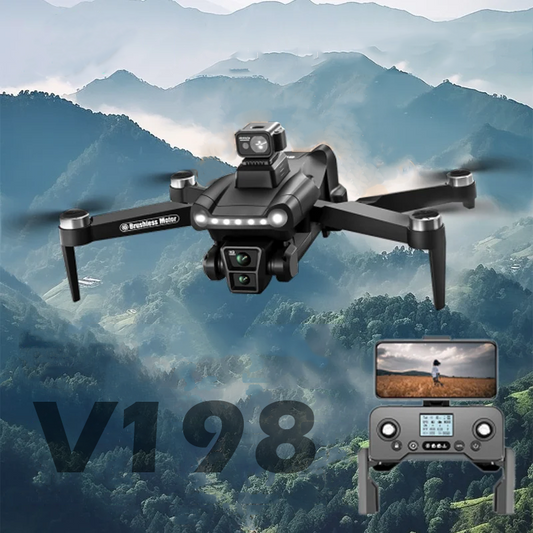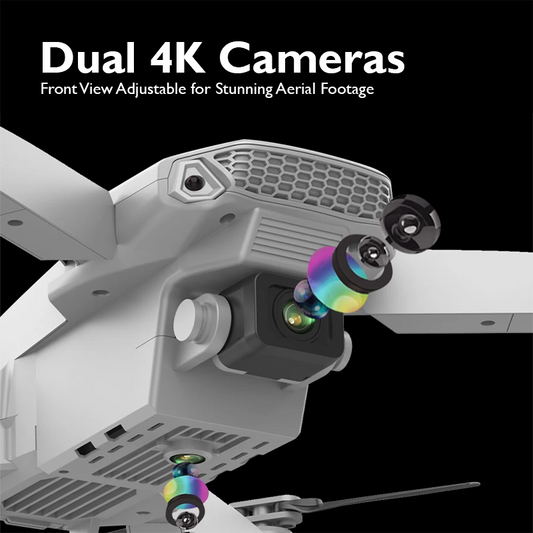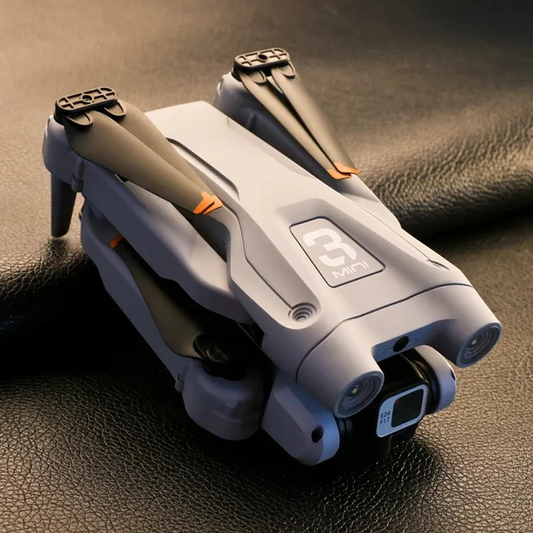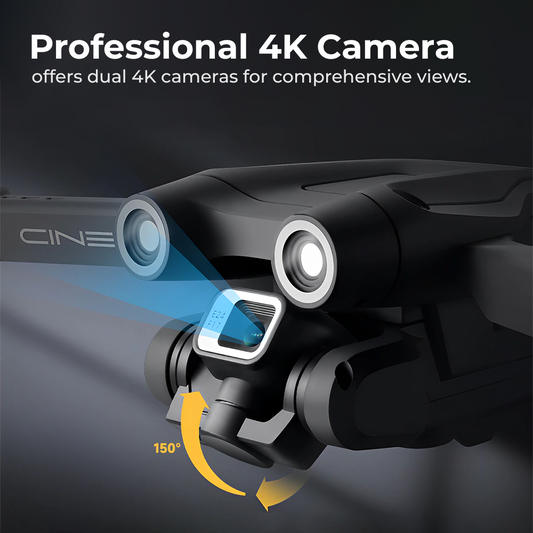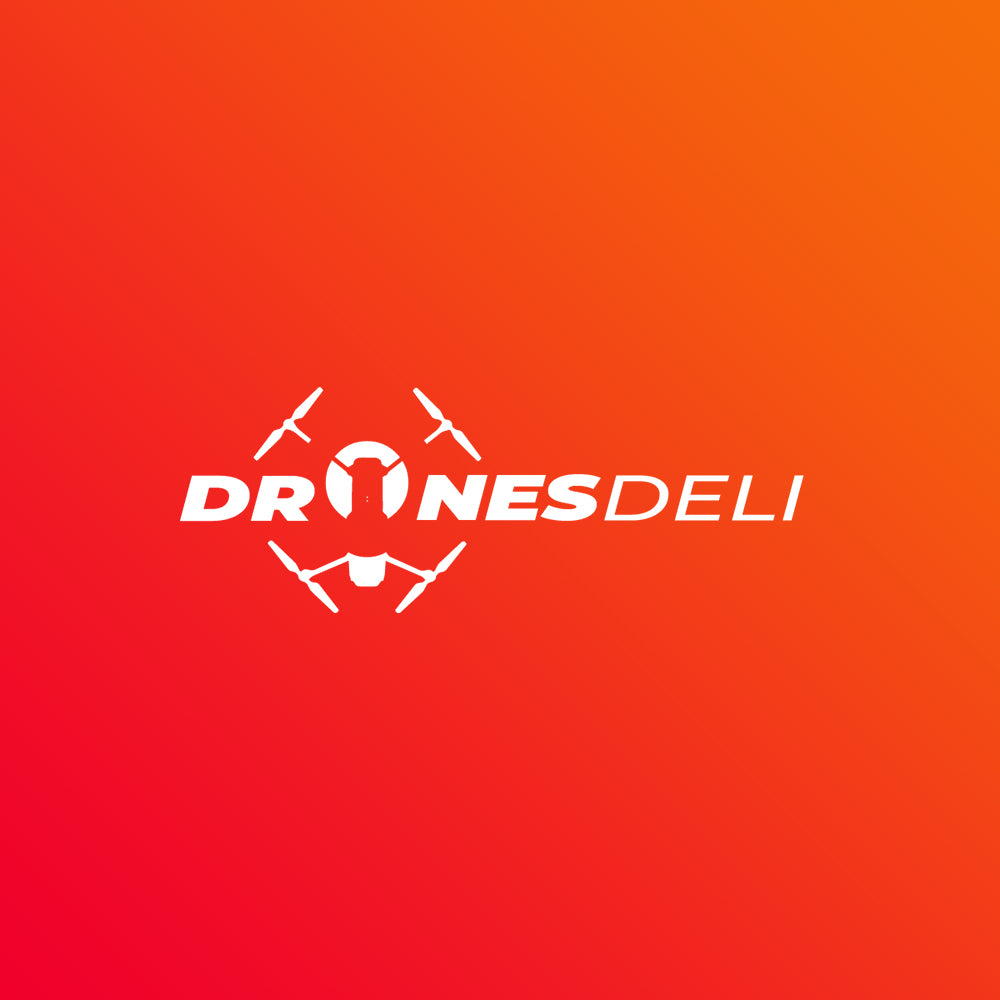The Use of Drones in Urban Water Conservation and Management Projects

In the rapidly evolving landscape of environmental conservation and urban development, innovative technologies are increasingly becoming indispensable tools. Among these cutting-edge solutions, drones have emerged as a versatile asset, revolutionizing various sectors including agriculture, infrastructure monitoring, and now, urban water conservation and management projects. In this article, we delve into the transformative role of drones in addressing the pressing challenges of water conservation in urban areas.
1. Understanding the Challenge

Urbanization, coupled with population growth, has placed unprecedented stress on water resources in cities worldwide. The demand for water continues to escalate, while the availability of freshwater sources dwindles. Consequently, urban areas face a multitude of water-related issues such as scarcity, pollution, and inefficient distribution systems. To tackle these challenges effectively, innovative approaches are imperative.
2. Enter Drones: A Bird's-Eye View of Solutions

Drones, also known as Unmanned Aerial Vehicles (UAVs), offer a unique perspective on urban landscapes, making them invaluable tools for water conservation and management projects. Equipped with high-resolution cameras, multispectral sensors, and advanced imaging technologies, drones can collect vast amounts of data with unparalleled precision and efficiency.
3. Monitoring Water Resources

One of the primary applications of drones in urban water management is the monitoring of water resources. By conducting aerial surveys, drones enable authorities to assess the condition of reservoirs, lakes, rivers, and other water bodies in real-time. They can detect changes in water levels, identify pollution sources, and monitor the quality of water, providing vital insights for decision-making.
4. Detecting Leaks and Infrastructure Maintenance

Water leakage is a significant issue in urban areas, leading to substantial losses and wastage of precious resources. Traditional methods of leak detection often involve labor-intensive manual inspections, which are time-consuming and costly. Drones equipped with thermal imaging cameras can swiftly identify leaks in underground pipes and infrastructure, enabling prompt repairs and minimizing water loss.
5. Precision Irrigation in Agriculture

While urban water conservation primarily focuses on residential and industrial consumption, agriculture also plays a crucial role. Drones equipped with multispectral sensors can assess crop health and soil moisture levels with exceptional accuracy. By providing farmers with precise data, drones facilitate optimal irrigation practices, reducing water usage and enhancing crop yields.
6. Mapping and Planning

Effective water management requires comprehensive spatial data to develop informed strategies and policies. Drones excel in creating high-resolution maps and three-dimensional models of urban areas, facilitating urban planners and policymakers in identifying vulnerable areas, optimizing infrastructure, and implementing water conservation measures.
7. Challenges and Considerations

Despite their immense potential, the integration of drones into urban water conservation projects is not without challenges. Regulatory hurdles, privacy concerns, and the need for skilled operators are among the obstacles that need to be addressed. Additionally, the initial investment in drone technology and data analysis tools may pose financial constraints for some municipalities and organizations.
8. Future Perspectives

As technology continues to evolve, the capabilities of drones in water conservation and management projects are expected to expand further. Advancements in artificial intelligence and machine learning algorithms will enhance the analytical capabilities of drones, enabling them to process and interpret data more efficiently. Moreover, the development of swarming technology could revolutionize large-scale monitoring and data collection efforts.
In the quest for sustainable urban development, the use of drones represents a transformative approach to water conservation and management. By harnessing the power of aerial imagery, remote sensing, and data analytics, drones enable authorities to make informed decisions, optimize resource allocation, and mitigate the impact of water-related challenges in urban areas. As we navigate the complexities of an increasingly urbanized world, drones stand as beacons of innovation, offering hope for a water-secure future.
Explore a variety of drones at our online drone store.
Happy Flying!





